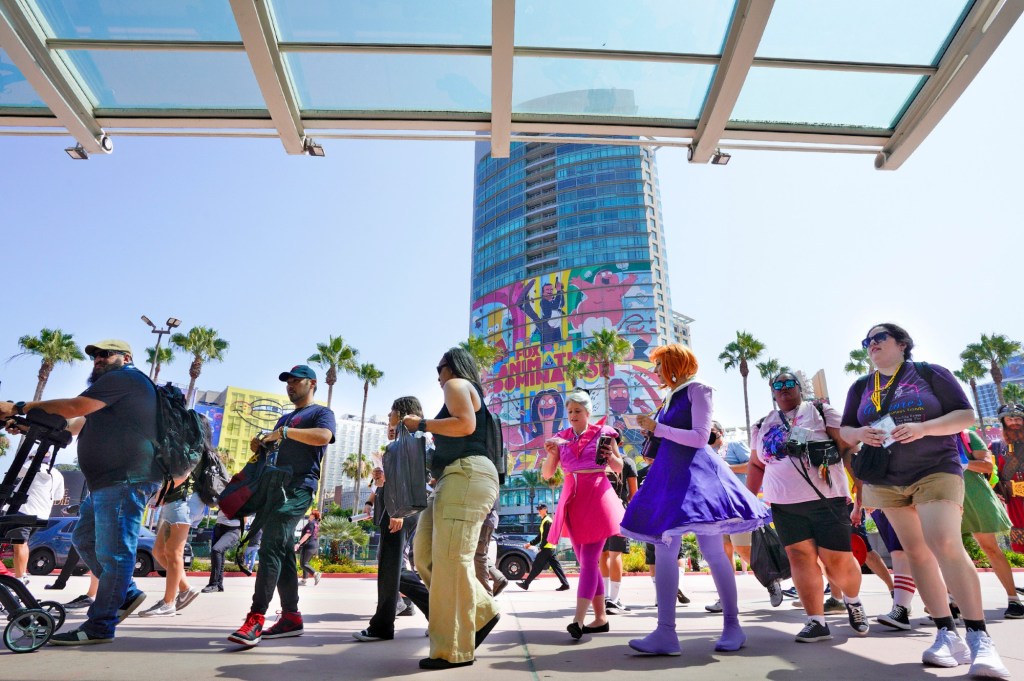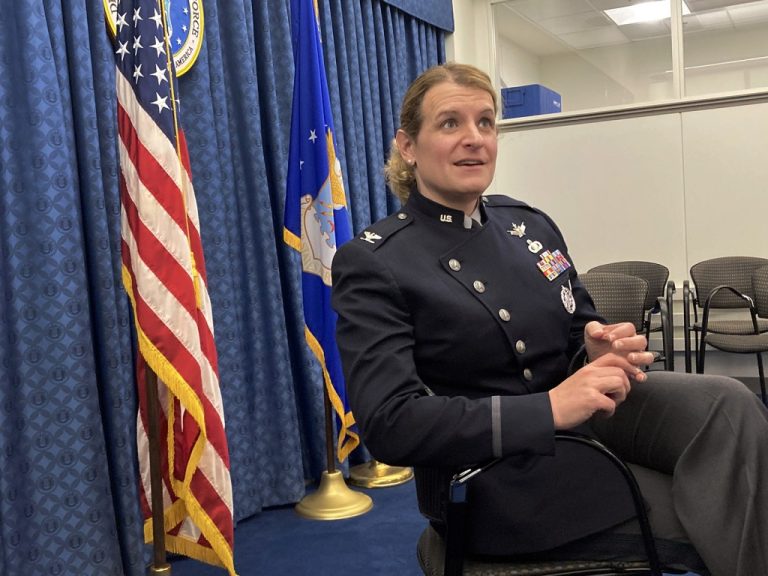

The San Diego Police Department improperly deployed surveillance equipment such as automated license plate readers and smart streetlights at Comic-Con and the city’s Pride parade, a lawsuit filed this week alleges.
The suit, filed in San Diego County Superior Court against the city on behalf of Lilly Irani, Seth Hall and Mat Wahlstrom, alleges that the Police Department did not receive proper approval from the City Council to place surveillance equipment at those events.
Per the city ordinance regarding use of the equipment, the City Council must vote to approve any additional locations or uses that hadn’t been previously approved.
But in early July, prior to the Pride Parade on July 20, Police Chief Scott Wahl publicly announced that he would be placing equipment in the Hillcrest neighborhood due to an increase in hate crimes.
The use would be allowed under an “exigent circumstances” clause in the ordinance that allows equipment to be deployed without City Council approval, Wahl said.
As defined in the ordinance, exigent circumstances “means an emergency involving danger of death or serious physical injury to any individual, or imminent danger of significant property damage, that requires the use of surveillance technology, as determined by City staff acting in good faith upon known facts.”
Wahl used the same justification weeks later in regard to the placement of equipment downtown ahead of Comic-Con.
In a letter of intent to pursue legal action addressed to Wahl and city officials including Mayor Todd Gloria, attorneys for the plaintiffs said the department did not identify “any ‘known facts’ sufficient to satisfy” the exigent circumstances definition.
“Indeed, Chief Wahl has stated in writing to at least one of our clients that ‘[t]here is no specific threat,’ only a ‘general threat,’” the attorneys wrote.
The attorneys also alleged that the department violated procedure when it submitted a report in May to the city’s Privacy Advisory Board and in July to the Public Safety Committee requesting approval to relocate some equipment.
The plaintiff’s attorneys claim that the report was improperly submitted to the council’s committee before the board submitted its recommendations.
The city’s chief operating officer, Eric Dargan, responded to the notice in a letter dated Aug. 29.
“The City of San Diego denies all alleged violations of the TRUST Ordinance described within the letter…,” Dargan wrote.
But the plaintiff’s attorneys maintain that there were indeed violations that could impact public trust.
“By failing to follow their legal requirements, the City of San Diego has not only violated the ordinance but also eroded public trust,” Geneviéve Jones-Wright, an attorney for the plaintiffs, said in a statement. “This lawsuit seeks to hold the City accountable and to ensure that these protections are upheld for all San Diegans.”
Jones-Wright also serves as the executive director of Community Advocates for Just and Moral Governance, which specializes in public-interest litigation.
The lawsuit is not the first time use of the surveillance equipment has come under fire in San Diego.
In July, when Wahl announced that cameras would be placed in Hillcrest at a news conference held at a popular neighborhood establishment, around a dozen people rallied against the installation.
“Using Pride as an exigent circumstance feels totally disingenuous,” Frances Yasmeen Motiwalla, a member of Activist San Diego, told the Union-Tribune in July. “Pride happens every year, it’s not a surprise, it’s not a sudden thing that’s happening.”
In April 2023, plaintiff Irani penned an op-ed published by the Union-Tribune that criticized the then-nascent proposal for police to use smart streetlights.
“Automated license plate readers would turn San Diego streets into automated law enforcement checkpoints, profiling us as we move throughout the city,” Irani wrote.
At the Sept. 19 meeting of the advisory board, police Capt. Jeffrey Jordon said the Hillcrest cameras were still present and operational while the equipment deployed downtown had not been moved but was not operational.
Originally Published:






